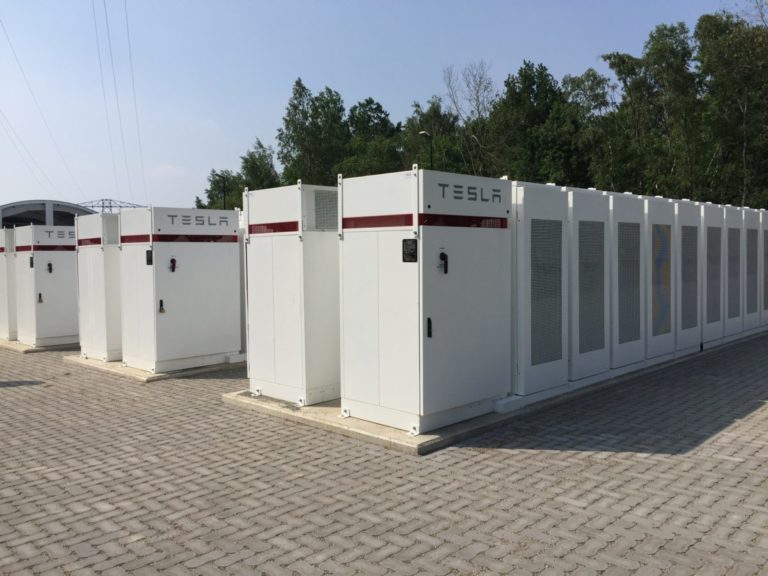Tesla Chairwoman Robyn Denholm said she expects the U.S. company to invest heavily in Australian lithium, nickel and other critical minerals to make its batteries. However, she also said that Australia should start developing its onshore refining capabilities to maximize the value of resources needed for the clean energy transition.
“The opportunity for Australia is extraordinary, and now is the time to seize it,” Denholm told a Minerals Council of Australia event in Canberra on Wednesday. “Australia has the minerals to power the renewable energy age throughout the world in the coming years.”
Denholm said Tesla already sources three-quarters of the lithium it uses from Australia and more than one-third of its nickel. She didn’t specify a dollar figure for the current spend, but said it is expected to increase as the automaker continues to expand its renewable technology offerings, including residential and grid-scale battery energy storage systems.
“We expect our spend on Australian minerals to increase to more than $1 billion per annum for the next few years,” she said.
Denholm said Australia supplied almost 50% of the world’s lithium ore last year. However, it supplied none of the refined product required for batteries, she noted.
“If it was processed onshore in Australia, the value would have been more like $1.7 billion,” she said. “It will require massive innovation. We need to scale up at an extremely fast pace and mining needs the same kind of innovation as the industries it supplies.”
The Commonwealth Scientific and Industrial Research Organisation (CSIRO) has also urged Australia to focus on adding value to the supply chain. Its Critical Energy Minerals Roadmap estimates the metal value of the energy transition’s top technologies to globally reach more than $5 trillion by 2050.
Jonathan Law, CSIRO’s mineral resources director, said that Australia is well positioned to benefit. However, it can significantly increase the value of its mineral exports, enable more local manufacturing and strengthen global supply chains, he said.
“Rather than just extracting the minerals and shipping them away to be refined and turned into products, Australia has a real opportunity to operate all the way along the energy value chain, from extraction to processing, separating, refining and manufacturing high value materials and products,” Law said. “Connecting our mining and manufacturing sectors can create an investment ecosystem that supports domestic supply chains and resource circularity for our critical minerals.”
The Minerals Council of Australia recently said that demand for critical minerals is set to increase dramatically in the coming years, as the world’s transition to renewable energy accelerates. In its newly released Commodity Demand Outlook 2030 report, the council predicts that demand for Australian-mined lithium will rise rapidly.
Denholm said global uptake of electric vehicles (EVs) will accelerate as nations target net zero emissions.
“Electric vehicles account for less than 1% of vehicles globally at the moment,” she said. “To reach net zero emissions, that needs to be much closer to 100% within 30 years. So that’s at least a 100-fold increase ahead, just for vehicles.”
This content is protected by copyright and may not be reused. If you want to cooperate with us and would like to reuse some of our content, please contact: editors@pv-magazine.com.




The Tesla Chair rightly points to opportunities for value-adding where battery minerals – particularly Lithium, are concerned. But are those opportunities likely to be taken-up? Seems unlikely judging by lack of interest shown in Australian investment in production of solar panels. We seem happy to sit on our hands and buy from China rather than manufacture locally – despite future demand for hundreds of millions of solar panels. needed to build multi gigawatt solar farms.